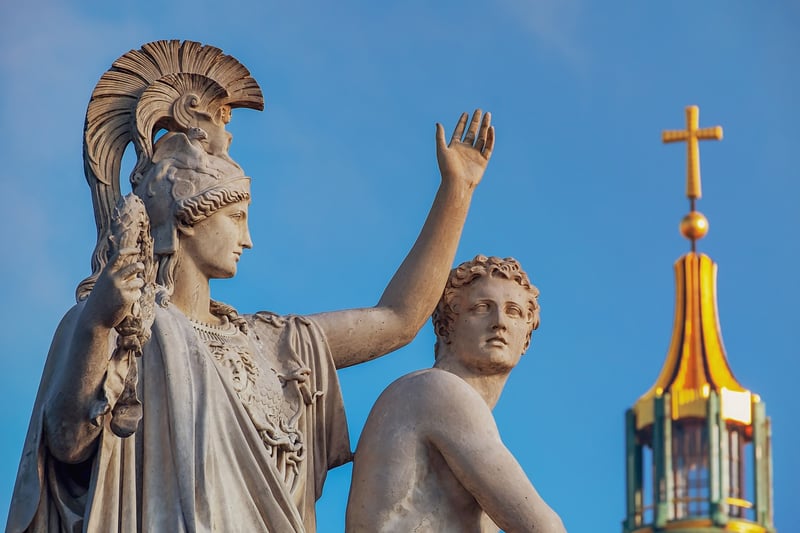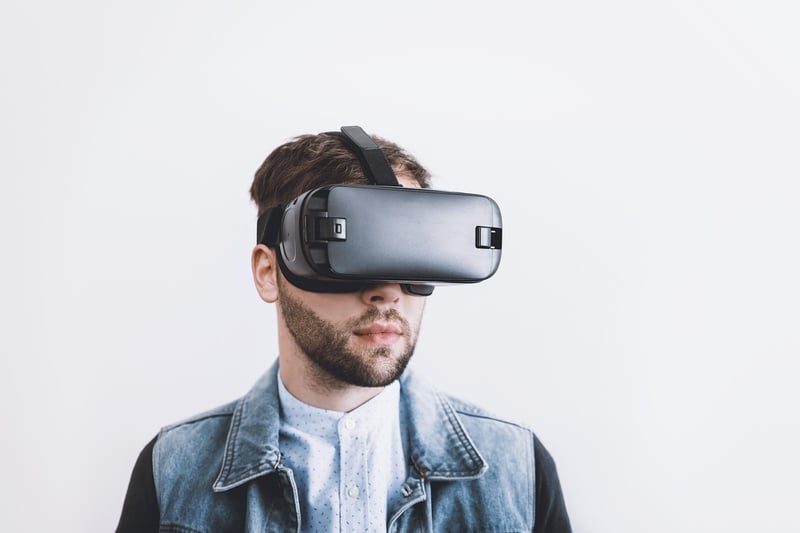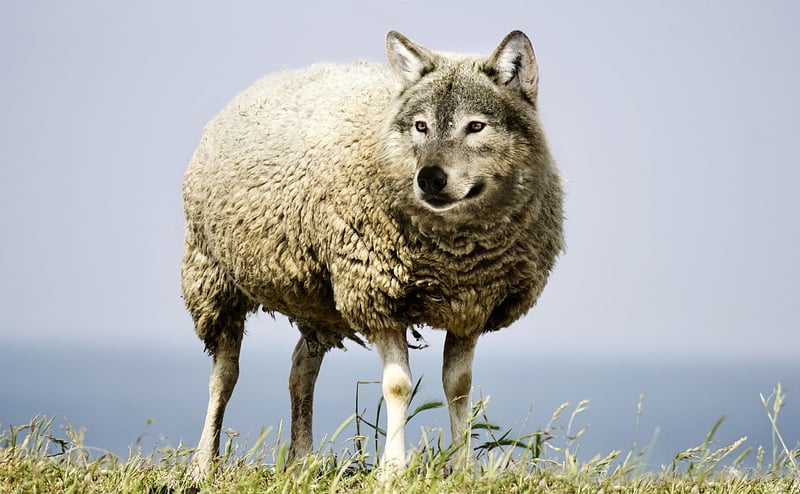Future Fables
Exploring Stories Across Time and Future Fables
Stories have always been a fundamental part of human culture, serving as a means to pass down knowledge, traditions, and values from one generation to the next. From ancient myths and legends to modern-day novels and movies, storytelling has evolved over time, adapting to new mediums and audiences.
A Glimpse into the Past: Ancient Myths and Legends
Ancient civilizations around the world relied on myths and legends to explain natural phenomena, teach moral lessons, and make sense of the world around them. From Greek mythology's epic tales of gods and heroes to the rich tapestries of Native American folklore, these stories continue to captivate audiences today.

Modern Storytelling: Books, Movies, and Beyond
In the modern era, storytelling has expanded to encompass a wide range of mediums, including books, movies, television shows, and video games. Authors, filmmakers, and creators draw inspiration from a variety of sources, weaving intricate narratives that entertain, educate, and provoke thought.

The Future of Fables: Imagining Tomorrow's Stories
As we look ahead to the future, the possibilities for storytelling are endless. Science fiction offers a glimpse into potential futures, speculative fiction challenges societal norms, and interactive storytelling blurs the line between creator and audience. The digital age opens up new avenues for storytelling, allowing for immersive experiences that transcend traditional boundaries.

Conclusion
Whether delving into the ancient myths of civilizations past or envisioning the futuristic fables of tomorrow, stories have the power to transport us to different worlds, provoke deep emotions, and spark our imagination. By exploring stories across time and embracing the possibilities of future fables, we continue to celebrate the rich tapestry of human creativity and expression.
Join us on this journey through the realms of storytelling, where the past, present, and future converge to weave tales that resonate across generations.
